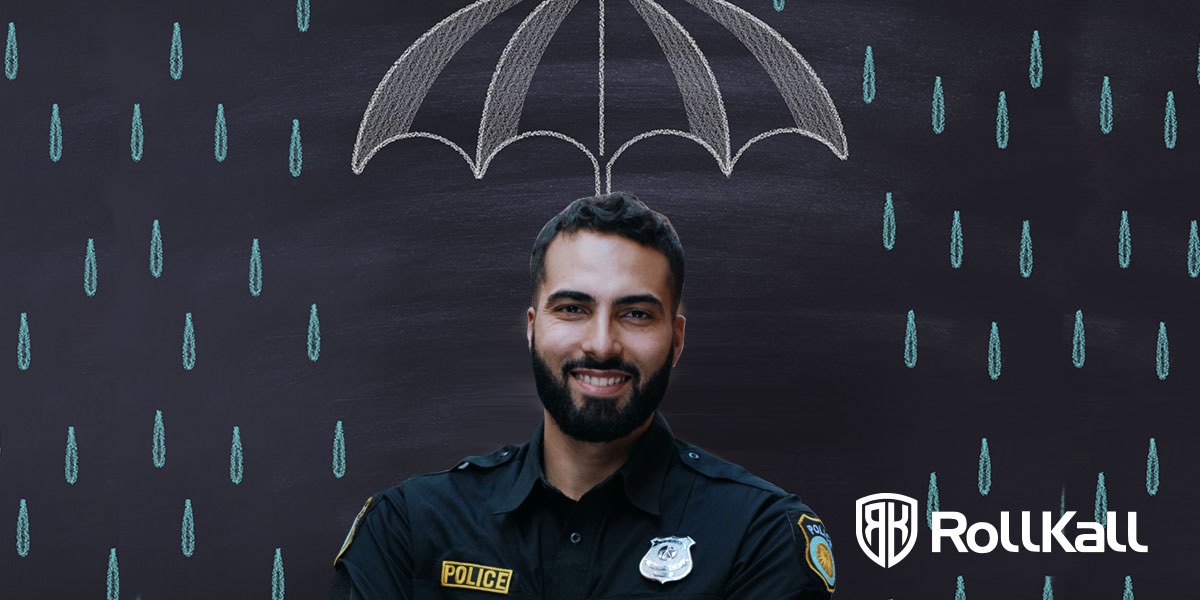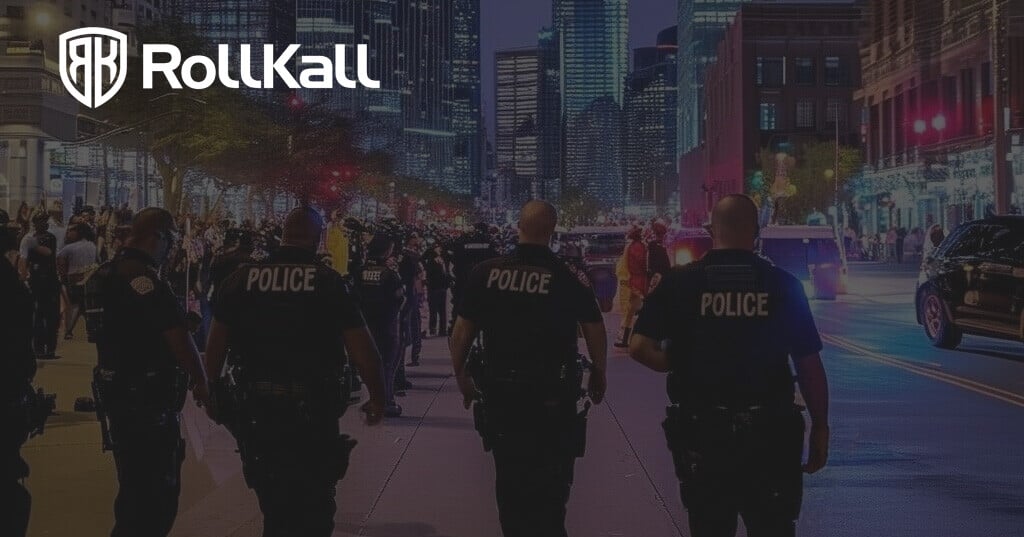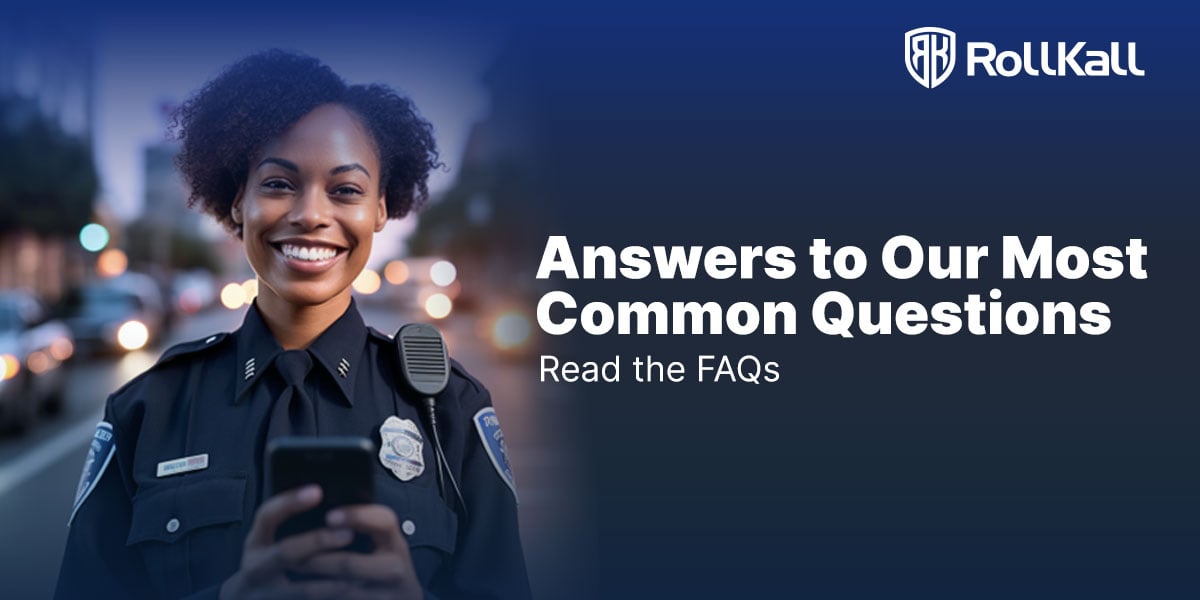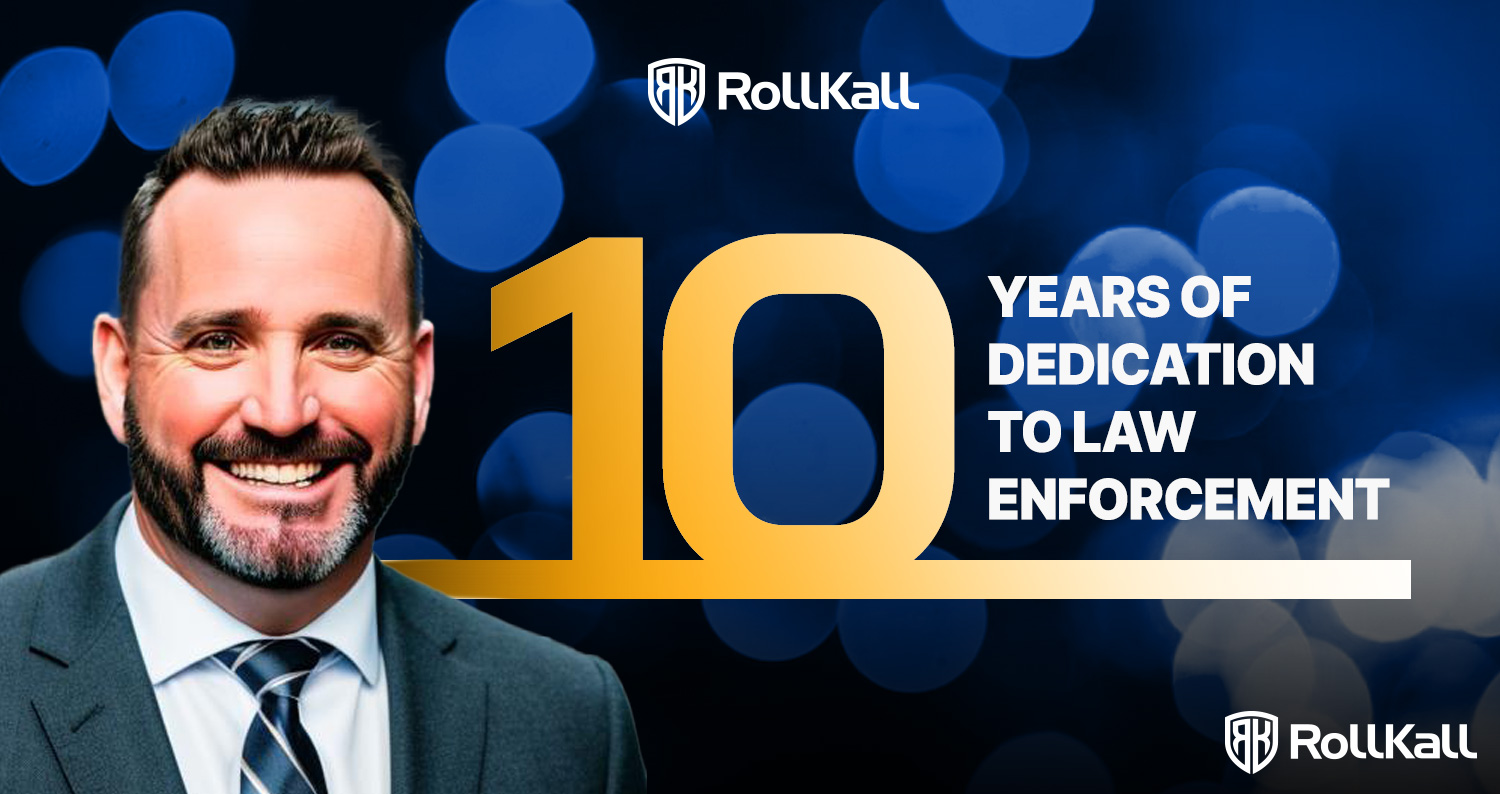Download the free guide
Aenean eu leo quam. Pellentesque ornare sem lacinia quam venenatis.

While it may seem counterintuitive for an LEA to worry about liability and insurance as it pertains to off-duty details (the officers are off duty after all), if an incident occurs while an officer is working an off-duty detail, who is the responsible party… the officer? The hiring business? Your agency?
If you can’t answer that, you are not alone. Insurance claims for off-duty details can be inherently tricky. If your off-duty program isn’t covered, the liability could potentially fall to your department.
When it comes to coverage, there are three parties that require protection:
Officers: First and foremost it’s important to make sure officers are covered in the event they are injured on an off-duty detail. It’s also important to protect them from liability.
Agency: A law enforcement agency needs to make sure they are protected from any associated costs with an off-duty incident, and prevent any claims from hitting their regular insurance policy.
Business: The business hiring off-duty officers also needs to know that an incident won’t affect their bottom line. They need to make sure they won’t be liable in case an off-duty incident leads to property damage or personal injury of patrons or other citizens on their property. (In most cases, businesses require it from their contractors and vendors.)
There are two types of insurance that cover all parties: general liability and workers’ compensation.
General liability insurance protects the agency, the officer, and the hiring business from liability for any property damage or bodily injury done to another party.
It’s imperative to read the fine print. Many off-duty platforms will carry “security-based” policies, meaning coverage is limited to when an officer is acting in a security-only capacity. Once an officer transitions into acting as a police officer, responsibility transitions to the LEA.
Workers’ compensation protects the officer working off-duty in case they are injured on the off-duty job. A law enforcement agency will have a workers’ compensation policy in place for on-duty activities, however, these policies do not typically extend to off-duty work. Furthermore, larger corporations often require workers’ compensation coverage when hiring for security or other high-risk services. If workers’ compensation is not provided in any form for officers working off-duty, they will either not have coverage at all or can purchase occupational accident insurance to cover medical costs if an incident occurs.
Without supplemental insurance for off-duty details, the associated costs from an off-duty incident could end up hitting the agency’s policies or worse - not be covered at all.
Get the latest content delivered straight to your inbox!
Related Posts


Want more information about RollKall? Let us know a bit about you, and we’ll get back to you as soon as possible with more information and next steps!











